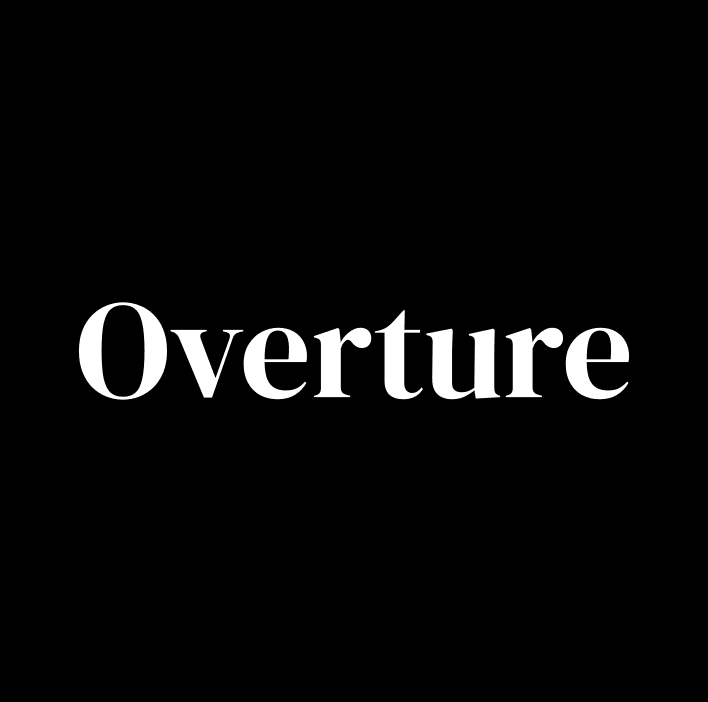As AI begins to reshape the legal landscape, one thing remains constant: the practice of law has always been about relationships. For as long as the legal profession has existed, referrals have been the most surefire way to build your practice. Yet, up until now, referrals have been handled haphazardly.
When practitioners need a referral for their clients, they look to colleagues, bar associations, listservs, LinkedIn groups, and even Google, all in an effort to find our clients an attorney who can help with their needs.
Overture, the country’s largest attorney-to-attorney referral platform, recently introduced their new feature, Inner Circles. This allows users to view all of their existing networks in one place, and connect with attorneys in those networks to share referrals.
Take on new clients from all your referral networks in one place
With Overture, you can share referrals (and ethically split fees) with your law school alumni network, bar associations, trusted colleagues, and other affinity groups that you already belong to.

Taking on referrals from attorneys in your networks makes it easier than ever to generate new clients and grow your practice. As all attorneys know, referrals from fellow attorneys are more substantive than leads generated through advertising and lead generation campaigns.
Unlike advertising, there’s no upfront costs to find new clients through Overture. Instead, when a referred client is signed and billed through the platform, a referral fee is shared with the referring attorney and with Overture Law, PC.
Find the right attorney for your referral by tapping into all of your networks
Sending referrals to the attorneys in your networks is even easier. When you share a referral on Overture, you’ll ping the attorneys in your networks who are experienced in what your client needs.

From the responses, you can chat with the attorneys and select the right fit for your client. Overture ensures the client is signed and billed through the platform to ensure compliance with the fee splitting rules of each state.
“We informally share referrals in so many different ways – email, listservs, LinkedIn, Facebook groups. The ability to tap into all your trusted networks in one place is immensely powerful. By finding a great home for your clients, you not only maintain your client relationship, you actually deepen them because you’ve become a trusted resource,” said Arya Firoozmand, Co-founder and CEO of Overture.
Share referrals and contribute to charitable causes you believe in
From the activity in certain networks, Overture pledges to contribute a portion of its revenue to charitable causes designated by each network.

“Most of the networks built on Overture are purpose driven organizations, united by a common belief in the same core values or a shared common experience. Whether we graduated from the same alma mater or have been lifelong members of the same bar association, being able to share referrals with the ones you trust while giving back to causes we believe in is a win-win-win,” said Firoozmand.
Unlock the power of referral fees in a changing landscape
Referral fees or fee splits (depending on the jurisdiction) have been enshrined in the ethics rules for decades, but traditionally, only plaintiffs’ attorneys have availed themselves of this tool in their practices.
Attorneys who bill by the hour aren’t prohibited from doing so. “The ethics rules are clear: fee splits aren’t just for personal injury contingency fee cases,” said Professor Curt K. Brown, Co-founder of Overture and Adjunct Professor of Legal Ethics at DePaul College of Law.
Most attorneys wouldn’t share in referral fees because they don’t know the mechanics of how to do it ethically, and they don’t want to undertake the administrative burden. Overture solves these two issues.
“Every state has rules encouraging and advising attorneys to refer cases and share fees to ensure that clients get the best possible representation. What we’re doing is making those rules more accessible to attorneys all over the country,” said Professor Brown.
In a time where AI is on the verge of transforming the practice of law, platforms like Overture serve as the ultimate counterweight. They allow us to deepen our personal connections with our colleagues, and maximize the potential of the clients that we serve.
—-
Visit Overture.law to learn more.
Referral Fees The Key To Growing A Modern Practice? Overture Thinks So
In the competitive world of modern legal practices, finding ways to grow and attract new clients is essential for success. According to Overture, a leading legal marketing platform, referral fees may be the key to achieving this goal.
Referral fees are payments made by one attorney to another for referring a client or case. Overture believes that offering referral fees can incentivize other attorneys to refer clients to a practice, ultimately leading to an increase in business.
In addition to providing financial incentives, referral fees can also help build strong relationships within the legal community. By compensating other attorneys for referrals, a practice can establish trust and credibility among colleagues, which can lead to more referrals in the future.
While referral fees may be a controversial topic in the legal profession, Overture argues that when done ethically and transparently, they can be a valuable tool for growing a practice. By embracing this practice, law firms can expand their client base and stay ahead in an increasingly competitive market.
Overture believes that referral fees can be a valuable strategy for modern practices looking to grow and succeed in today’s legal landscape. By offering fair compensation for referrals, firms can build relationships, attract new clients, and ultimately thrive in a crowded marketplace.
